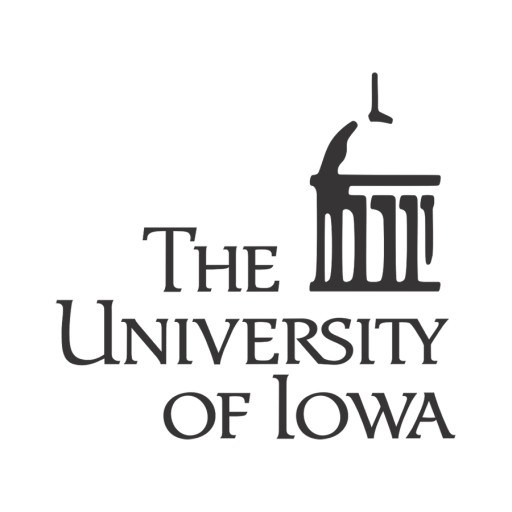Photos of university / #uiowa
Journalists work in all sorts of media and industries. You'll find them practicing strategic communication as they work in advertising, public relations, marketing, and in areas such as health care, politics, gaming, and entertainment. They report and write about all kinds of news and information in today’s rapidly expanding communications media. The need for communication specialists in almost every company, institution, and organization provides endless possibilities for the profession.
Why Study at Iowa?
Iowa’s School of Journalism and Mass Communication is accredited by the Accrediting Council on Education in Journalism and Mass Communications. In addition to teaching about journalism, the school requires its students to complete a substantial emphasis in another discipline, which will add depth to your professional skills and broaden your options for employment.
While you’re a student, you’ll be able to gain professional experience working at the Daily Iowan, recognized as one of the top five college newspapers in the country, or on Daily Iowan TV (DITV), a television news show that airs six days a week.
You’ll study under the guidance of expert faculty members who specialize in books and publishing, cultural studies, documentary and podcast making, health communication, history and cultural studies, international and global studies, investigative journalism, law, magazines, narrative nonfiction writing, public relations, political communication, web and publication design, and print and online news reporting.
Students in journalism and mass communication earn a Bachelor of Arts (BA) or a Bachelor of Science (BS) degree. No matter which degree you choose, you’ll be required to complete a second major or a substantial concentration area outside of journalism and mass communication. This degree is available in the university's four-year graduation plan as long as the second area of concentration is not a second major.
BA and BS students take these courses:
- Two pre-major foundation courses (Media Uses and Effects, Media History and Culture)
- Reporting and Multimedia Storytelling
- Journalistic Reporting and Writing
- Two or three courses in reporting and writing
- One or two workshop courses (e.g., media, photojournalism, publication design, public relations, television news)
- Two conceptual courses: Media Law and Communication and an additional advanced course
Second Major or Concentration Area
If you’re a BA student in journalism and mass communication, you’ll also complete a second major outside journalism in a program that offers a BA degree. Or you will complete a concentration (24 semester hours) of related course work in one or more departments that offer BA degrees.
BS students complete a second major in one of the mathematical, natural, or social sciences in a program that offers a BS degree. Or they complete a concentration (24 semester hours) of related courses in one of the natural, mathematical, or social sciences offered by another department or program that offers a BS degree. The concentration must include all of the special math, statistics, research methods, computer science, and cognate courses required for the BS in the second area.
Some majors are offered only with BA degrees or with BS degrees. Others are offered with both degrees, such as anthropology, economics, environmental sciences, political science, psychology, sociology, and more.
Requirements
- Pay the $80 application fee
- Completion of academic upper secondary school (generally a total of 12-13 years of primary and secondary education)
- A corresponding secondary school diploma or leaving certificate
- Above-average grades in a secondary school program that is university-preparatory in nature
- Upload your academic records
- Complete a Financial Statement (PDF) showing evidence of adequate financial support to cover the costs of one full year of study at the University of Iowa.
- TOEFL Internet-based test (iBT): 80 with no subscore lower than 17, Paper-based test (PBT): 530
- An IELTS (International English Language Testing System) total score of 6.5, with no subscore lower than 6.0
Scholarships
- Old Gold Scholarship
- University of Iowa International Scholars Award
- Presidential Scholarship
- Global Education
- Summer Hawk Tuition Grant



